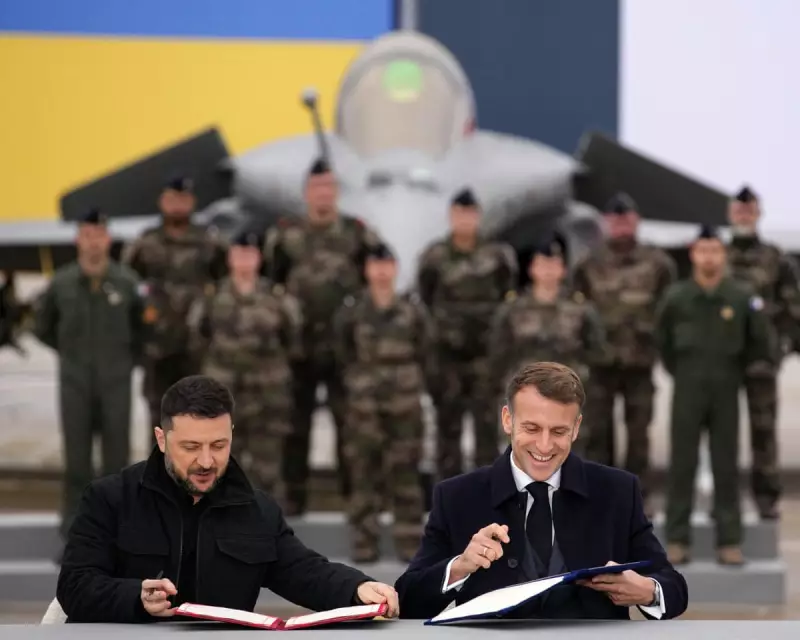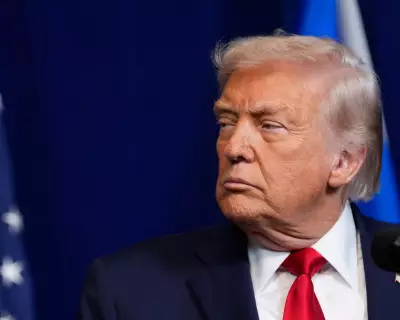
Ukrainian President Volodymyr Zelenskyy and French leader Emmanuel Macron have signed a significant defence agreement, committing Ukraine to purchase French fighter aircraft. The signing ceremony took place at an air base near Paris on 17 November 2025, marking a crucial step in strengthening Ukraine's military capabilities as it continues to defend itself against Russian aggression.
A Looming Financial Catastrophe
While military support grows, Ukraine faces an alarming financial emergency. According to EU estimates, Ukraine will require more than €70 billion in additional financial assistance next year simply to maintain its defence against Vladimir Putin's forces. This crisis emerges as American support evaporates, with President Donald Trump refusing to seek new military aid funding from Congress.
The situation has created a moment of reckoning for European leaders. The International Monetary Fund, currently negotiating approximately $8 billion in new loans with Kyiv, has explicitly warned that its decisions depend on what financial package the European Union ultimately delivers.
The EU's Difficult Choices
European capitals have been deliberating for months about how to address Ukraine's financial needs. At an October European Council summit, leaders debated a €140 billion "reparations loan" that would be underwritten by frozen Russian assets. However, Belgian legal concerns have complicated this approach since the funds are held in a Belgium-based financial institution.
European Commission President Ursula von der Leyen acknowledged the complexity, stating that "perfect or simple solutions... do not exist". An alternative proposal would involve EU member states raising the cash themselves through issuing common debt, though this faces opposition from northern Europe's so-called frugal countries.
Broader Security Implications
The urgency extends beyond Ukraine's immediate financial needs. Recent sabotage of Poland's rail network, attributed by Warsaw to Ukrainian citizens working for Russian intelligence, demonstrates how Moscow is prepared to use hybrid warfare within NATO countries. This underscores that investing in Ukraine's protection directly contributes to Europe's future security.
President Zelenskyy's European lobbying efforts come at a challenging time, complicated by a new corruption scandal involving kickbacks at Ukraine's nuclear energy body. As Kyiv pursues EU accession talks, such developments deliver damaging blows to its credibility.
With a potential catastrophic cash crunch anticipated by spring that could dry up funds for both military operations and basic social infrastructure, EU leaders face enormous pressure to deliver a solution at their December council meeting. The morale of the Ukrainian people and their bargaining power in potential peace negotiations hang in the balance.
As 2025 draws to a close, the European Union must demonstrate that Putin's belief that he can outlast both Ukraine and European resolve is fundamentally mistaken.





